Cloudera Named a Visionary in the Gartner MQ for Cloud DBMS
Cloudera
APRIL 1, 2024
We scored the highest in hybrid, intercloud, and multi-cloud capabilities because we are the only vendor in the market with a true hybrid data platform that can run on any cloud including private cloud to deliver a seamless, unified experience for all data, wherever it lies.

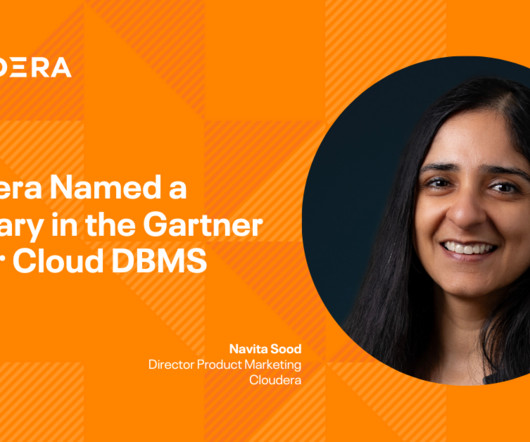

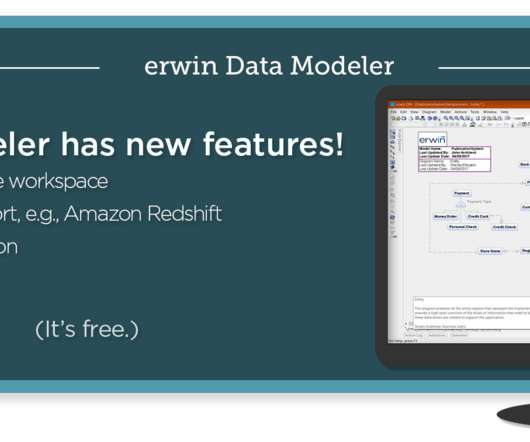
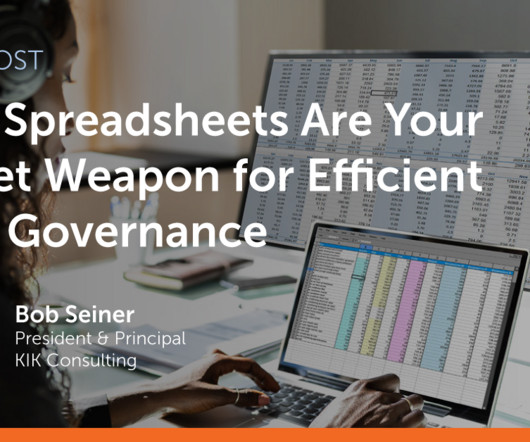
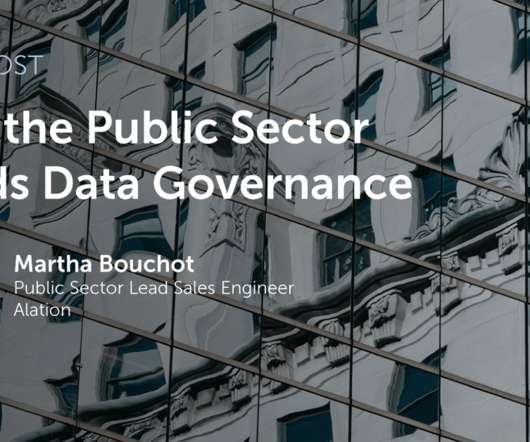

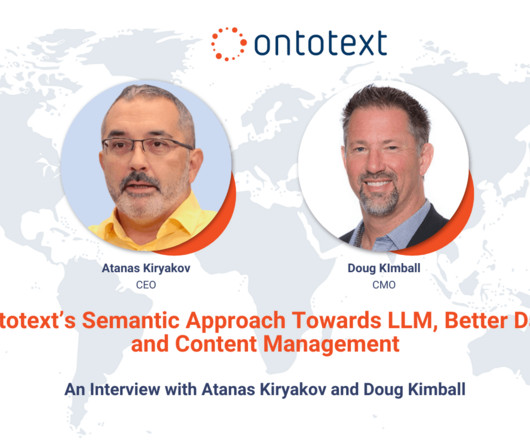


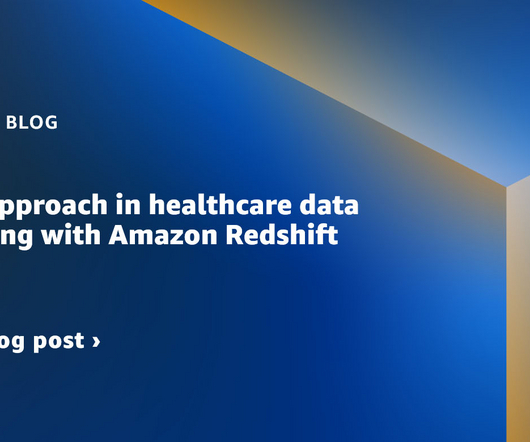
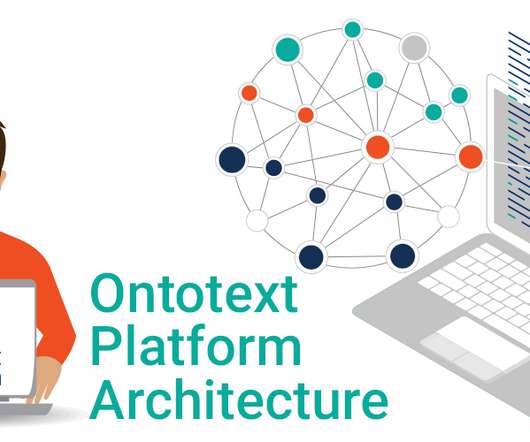













Let's personalize your content